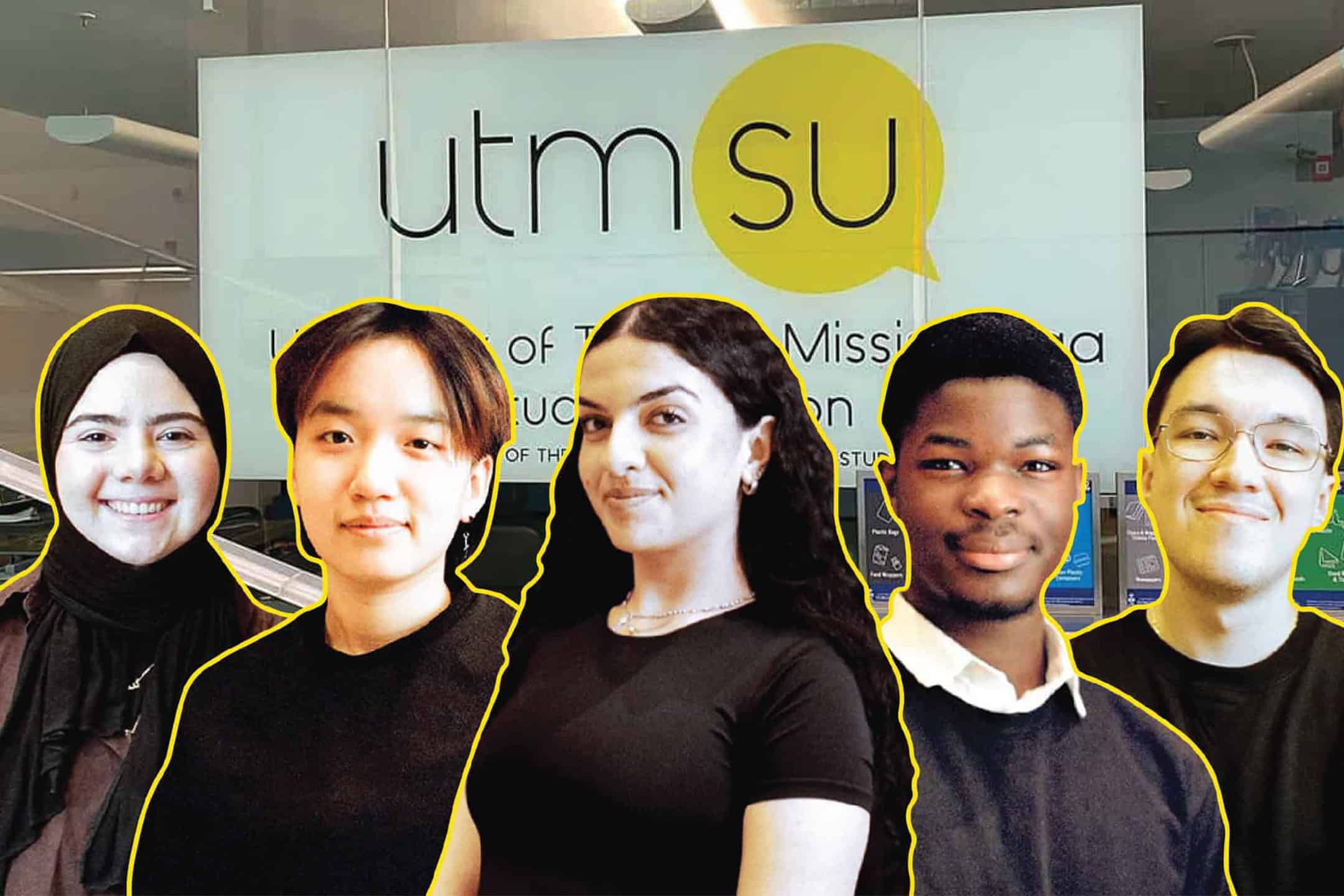On September 25, the University of Toronto Mississauga Student Union (UTMSU) held its first Board of Directors (BOD) meeting of this school year. The agenda focused on the increase in minimum wage for UTMSU employees, the union’s election reform, and establishing ad hoc committees.
Minimum wage increase
The provincial government announced on March 28 that the minimum wage would increase from $16.55 to $17.20 starting October 1. In response to these changes, the UTMSU motioned to increase the minimum wage for UTMSU part-time employees from $16.00 an hour to $18.00 an hour to adjust to these changes.
The union’s leadership acknowledged that even with this increase, the new minimum wage may still not be sufficient for students struggling with high tuition and living costs. Despite the rise, the board emphasized a need for continued advocacy for better wages for students.
Executive reports
UTMSU President Joelle Salsa reported about UTMSU’s Volunteam, a group of volunteer students who help organize the union’s events and campaigns. She said a team of about 105 students had been hired, and the union prepared an appreciation event for them the following Friday.
Salsa also discussed UTMSU’s plans to reinstate Free Breakfast Wednesdays which offer free meals each week. As of writing, the union has relaunched the initiative which began on October 2.
UTMSU Vice-President (VP) Campus Life Joy Pius shared the results of the Welcome Back Week, which took place at UTM from September 10–12. She reported that the union had raised over $50,000, which was $10,000 more than the expected amount.
VP Equity Philip Anyang talked about the Black Mentorship Program which the union planned to launch in the weeks following the BOD meeting. This program pairs first and second-year Black students with an upper-year Black mentor, allowing the younger students to gain leadership skills and a chance to receive CCR.
Anyang also mentioned UTMSU’s plans under the Black in STEM Program that allows Black students to meet with alumni and other professionals in the STEM field. So far, the UTMSU hasn’t announced anything regarding these two programs.
VP External Daniel Ripoll talked about preparing an updated transit survey to gather student feedback on transportation issues. Ripoll explained that the new survey accounts for the 126 Burnhamthorpe Express route, which began operating in September of this year, providing key stops between the UTM campus and the Kipling Bus Terminal.
Ripoll said he noticed that there were more buses headed west than east, resulting in a “backlog” of people waiting for the 126 bus route.
New ad-hoc committees
The meeting also resulted in two new ad-hoc committees — the committees that the board creates to fulfill a specific goal. The Pro-Palestine Committee — chaired by Salsa — aims to keep the conversation of Palestinian advocacy active on campus.
“This work would be effective with numbers [of people],” Salsa explained, emphasizing the need for student engagement in campaigns, protests, and educational events. She noted that the committee’s long-term goal is to push for divestment from Israeli interests.
A university spokesperson noted that any claims connecting the university to Israeli military action have “no basis in fact.”
The Black History Month committee — chaired by Anyang — will focus on planning events for Black History Month. This committee hopes to unite UTM students to engage in Black history and culture. “The more people we have on this committee, the more we’re able to create events based on what people [want] to see,” Anyang said.
UTMSU’s election reform
The union’s Chief Returning Officer Greg Owens, who led the electoral reform consultation process over the summer, presented UTMSU’s election reform report.
“UTMSU is well aware… of concerns that have been expressed by both past participants in elections and observing members within the student population,” said Owens. The consultation process aimed to gather feedback on the union’s current election system in order to enhance transparency and accountability in UTMSU’s elections and update its procedural codes.
Owens’ report identified three concerns based on the feedback: accountability, modernization, and transparency.
To improve accountability, participants in the survey called for revisiting the Elections and Referenda Committee to increase demerit points for electoral violations. To modernize the electoral process, participants expressed a need to update the election documents to include social media platforms beyond Facebook. For transparency, participants called for moving toward an election process for the position of VP Campus Life — a position currently appointed by the board.
Despite conflicted feedback on online versus in-person voting, Owens said there wasn’t “consistent enough messaging from participants that would suggest the need to change the current practice of elections.” The current UTMSU elections process is done in-person at William G. Davis Building; Communication, Culture, and Technology Building; Instructional Centre; and Maanjiwe Nendamowinan.



No comments to display.